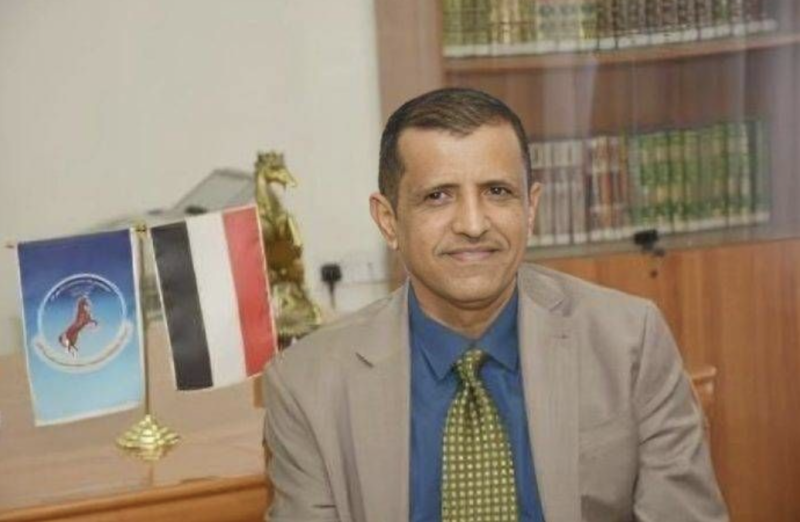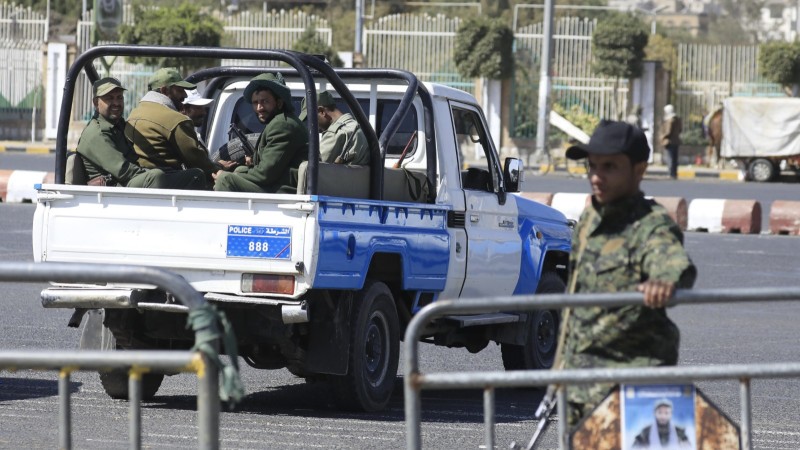IOM Yemen Operational Overview 2022


Millions of people are experiencing alarming rates of acute malnutrition and food insecurity, and most of the population is in need of humanitarian assistance.
Humanitarian needs are driven by the conflict, disease, a declining economy, and the breakdown of public institutions, and have been compounded by the COVID-19 pandemic. An estimated 160,000 people were reportedly displaced in 2021 alone as active frontlines shifted and hostilities escalated in Ma’rib and areas along Yemen’s west coast. Without a peaceful resolution of the conflict, the severity of needs and suffering is expected to worsen across the country in 2022. Despite the current crisis, migrants continue to arrive in Yemen, most hoping to find work in the Kingdom of Saudi Arabia. Many have become stranded in Yemen and experience abuse and exploitation on their journeys.
The International Organization for Migration (IOM) has wellestablished offices in Sana’a, Aden and Ma’rib and in 2021 opened a new office in Al Makha in the west coast region.
IOM supports vulnerable groups throughout Yemen, including displaced people, conflict-affected communities and migrants. The Organization directly implements a multi-sector humanitarian response, namely health, water, sanitation and hygiene (WASH), shelter, non-food item (NFI) and cash-based assistance, camp coordination and camp management (CCCM), protection and displacement tracking (DTM). IOM Yemen’s priority is to maximize the impact of its programmes for beneficiaries and ensure an accountable response.

Sana’a — Houthi militias have empowered their so-called “judicial custodian” to seize properties and assets belonging to th…

Sana'a — The United Nations World Food Programme (WFP) announced that Houthi authorities continue to detain nearly 40 of its staff working in…

Aden — The French Ambassador to Yemen, Catherine Corm Kammoun, announced today that she held talks with Presidential Leadership Council membe…